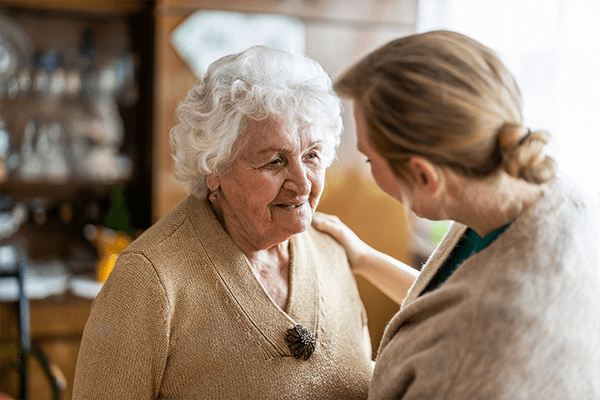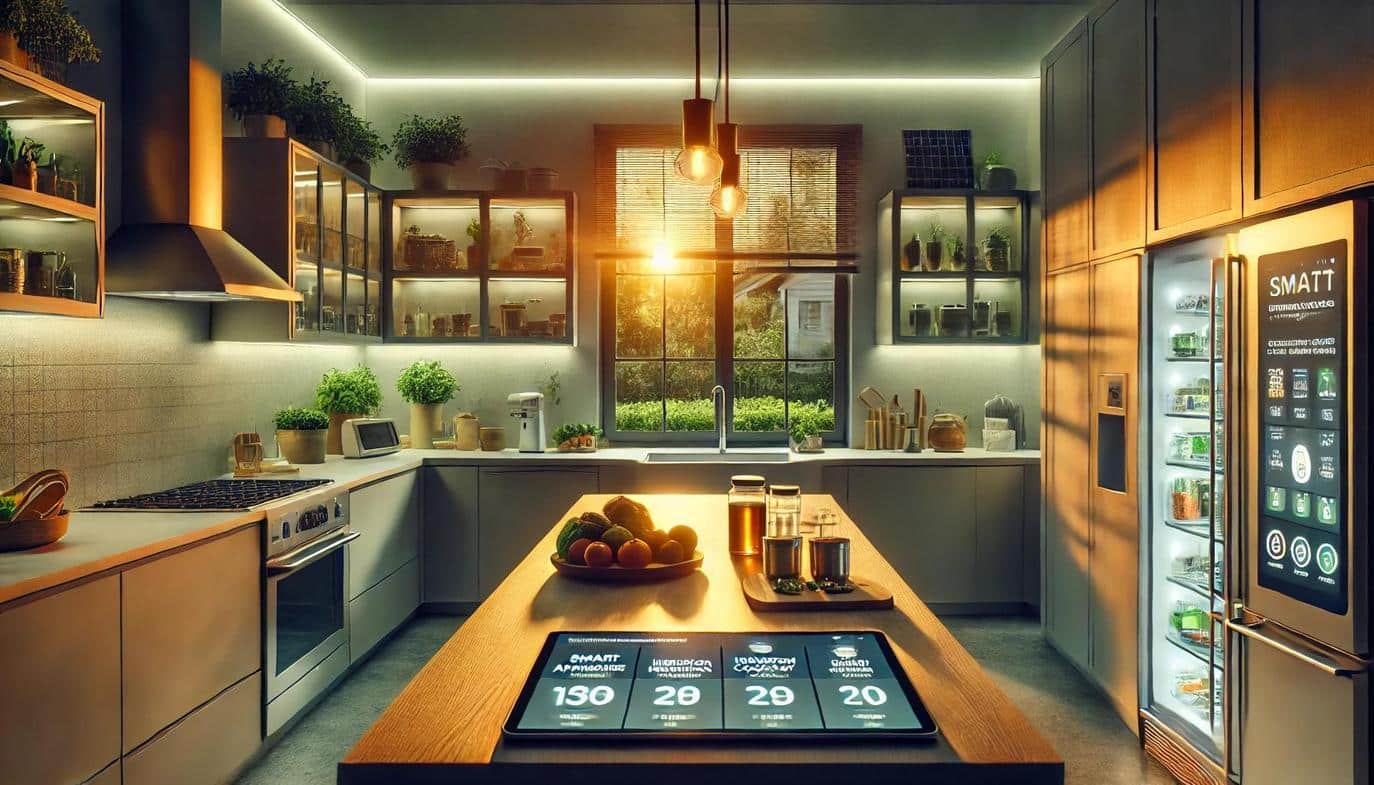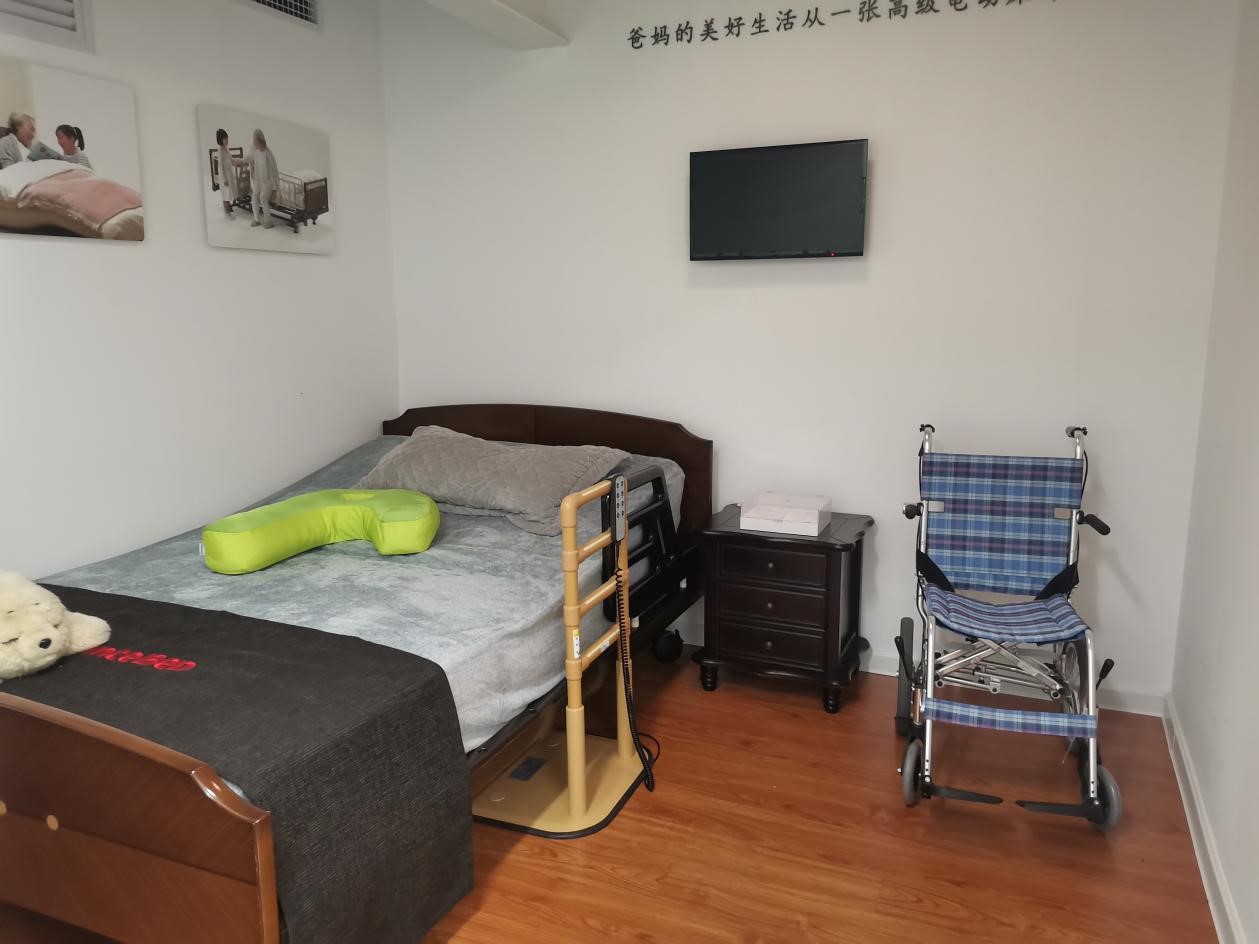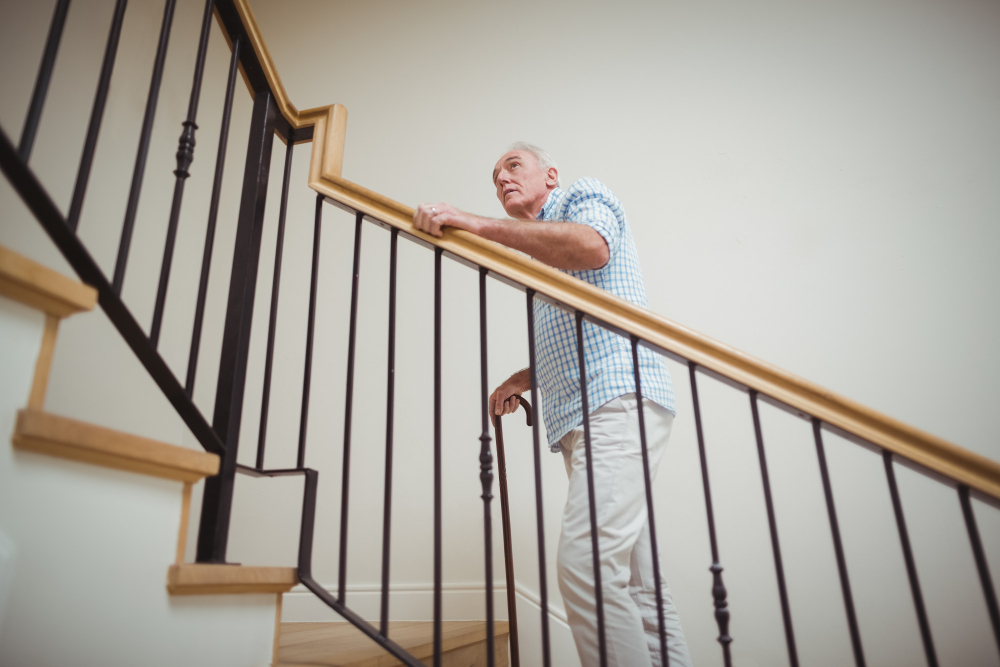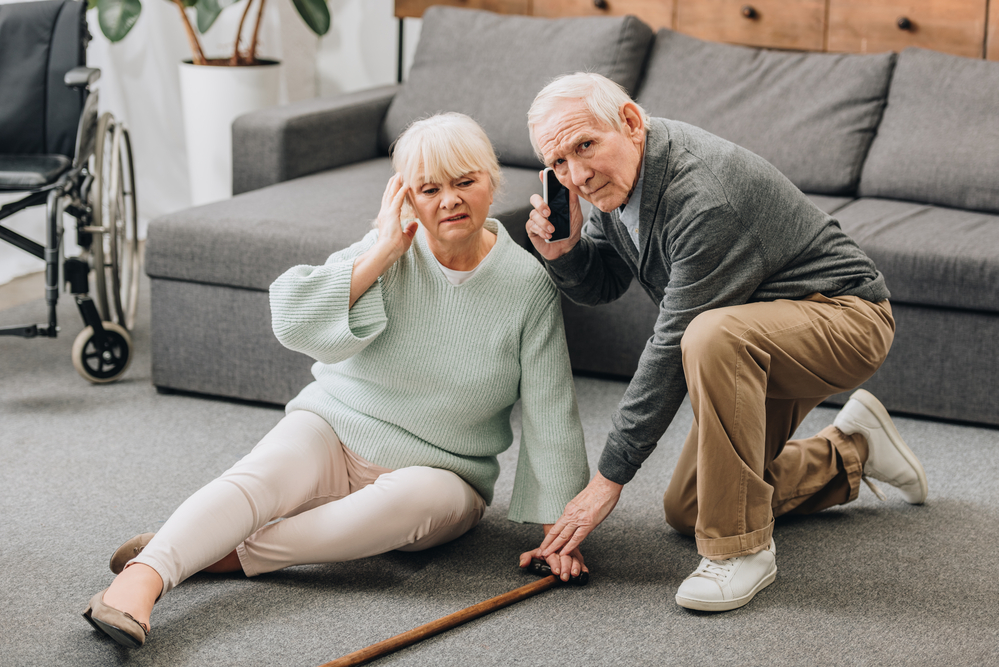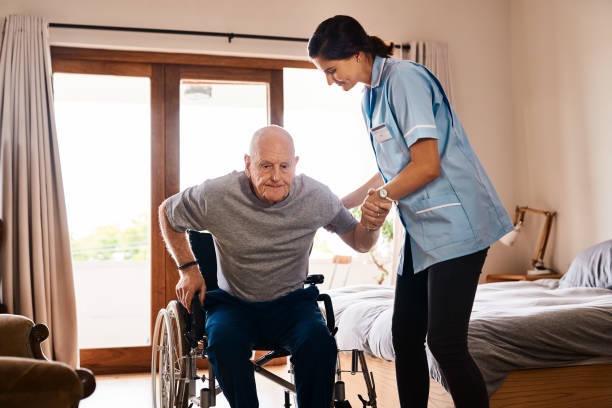The importance of fall detection for seniors who live alone at night cannot be overstated. As our loved ones age, ensuring their safety becomes increasingly crucial, especially during the night when help is not immediately available. This article aims to explore various fall detection solutions and how they contribute to the safety and independence of seniors living alone.

Understanding the Risks of Falls at Night
Falls are a significant concern for the elderly, with the risk increasing during the night due to factors like poor lighting and disorientation. It’s essential to understand these risks to implement effective fall detection systems.
The Impact of Falls on Seniors
Falls can lead to serious injuries such as fractures or head trauma, which can be debilitating for seniors. Moreover, the fear of falling can lead to a decrease in physical activity, further affecting their health.
Why Nighttime is Particularly Risky
At night, visibility is reduced, and seniors might feel groggy when getting up, increasing the likelihood of a fall. This makes having a reliable fall detection system even more critical.
Technological Advances in Fall Detection
With advancements in technology, fall detection systems have become more sophisticated and accessible. These systems utilize various methods to detect falls and alert caregivers or emergency services.
Wearable Devices
Wearable devices are among the most popular fall detection solutions. They are typically equipped with sensors that can detect sudden movements or impacts and send alerts to designated contacts.
Smart Home Systems
Smart home systems integrate fall detection with other safety features, providing a comprehensive safety net for seniors. These systems can include motion sensors and cameras to monitor activity within the home.
Non-Wearable Solutions
For seniors who may not want to wear a device, non-wearable solutions such as floor sensors and radar technology offer an alternative. These systems can detect falls without requiring the senior to wear or carry any equipment.
Benefits of Fall Detection Systems
Implementing a fall detection system provides numerous benefits, from ensuring rapid response in emergencies to giving family members peace of mind.
Immediate Assistance
One of the primary benefits of fall detection systems is their ability to provide immediate assistance. When a fall is detected, an alert is sent to caregivers or emergency services, ensuring that help arrives quickly.
Peace of Mind for Families
Knowing that a loved one is being monitored and protected by a fall detection system offers peace of mind to families, especially those who live far away.
Encouraging Independence
With a reliable fall detection system, seniors can maintain their independence with confidence, knowing that they have support in case of an emergency.
Choosing the Right Fall Detection Solution
When selecting a fall detection system, it’s important to consider the specific needs and preferences of the senior. Factors such as mobility, lifestyle, and comfort with technology should be taken into account.
Assessing the Senior’s Needs
Before choosing a fall detection system, assess the senior’s daily activities, health conditions, and living environment to determine the most suitable option.
Exploring Available Options
Research various fall detection solutions and consider their features, reliability, and ease of use. It’s crucial to select a system that the senior feels comfortable using.
Consulting with Professionals
Consulting with healthcare professionals can provide valuable insights into selecting the best fall detection system for a senior’s specific needs.
Conclusion
Investing in a fall detection system for seniors who live alone at night is a proactive step in ensuring their safety and well-being. By understanding the risks, exploring technological advances, and choosing the right solution, families can provide their loved ones with the support they need to live independently and safely.
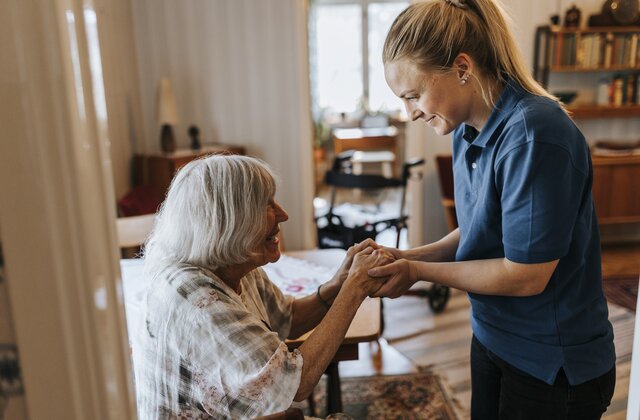
Frequently Asked Questions
What is the best fall detection device for seniors?
The best fall detection device depends on the individual’s needs and preferences. Consider factors such as ease of use, comfort, and additional features when choosing a device.
How do fall detection systems work?
Fall detection systems use sensors to detect sudden movements or impacts. When a fall is detected, an alert is sent to designated contacts or emergency services.
Can fall detection systems prevent falls?
While fall detection systems cannot prevent falls, they can provide immediate assistance, reducing the risk of serious injury and ensuring quick response times.
For more information on fall prevention, visit the National Council on Aging.
Explore more on how technology enhances elderly safety with Privacy-Friendly Solutions and learn about Smart Elderly Care Solutions.
This article contains affiliate links. We may earn a commission at no extra cost to you.

